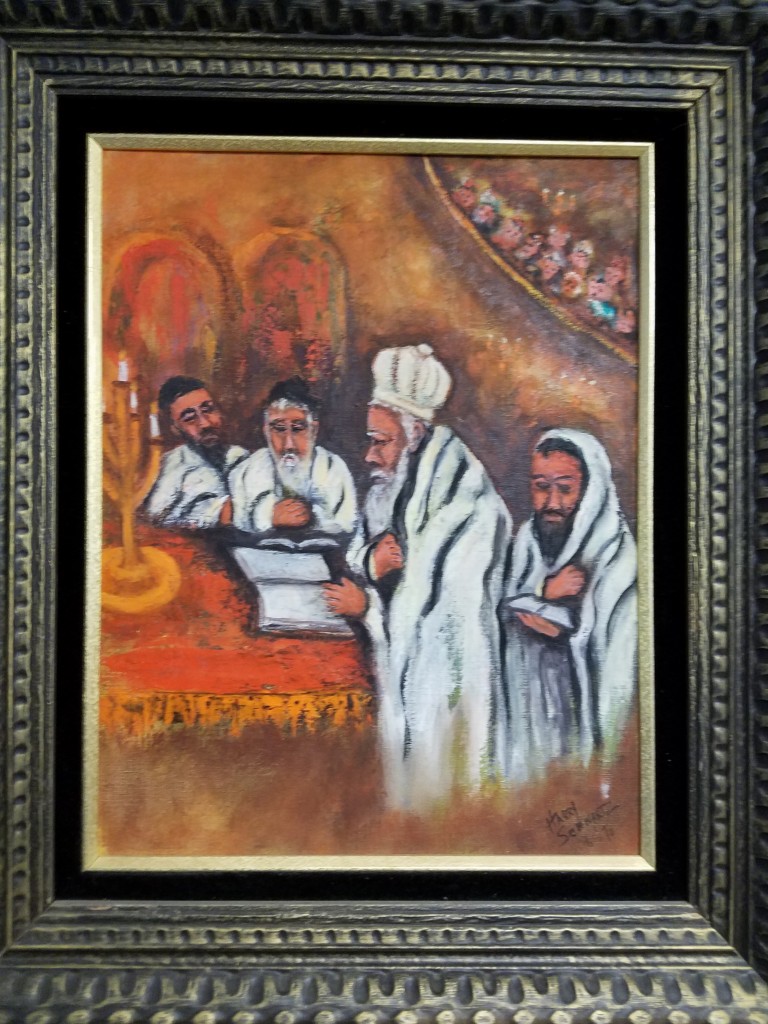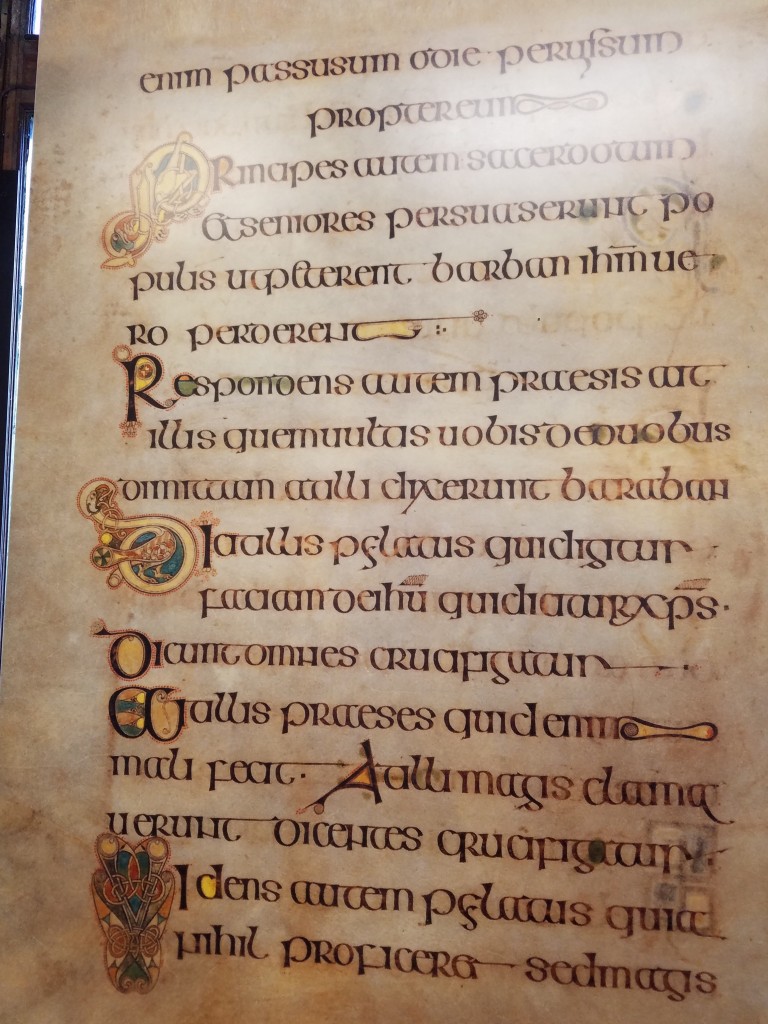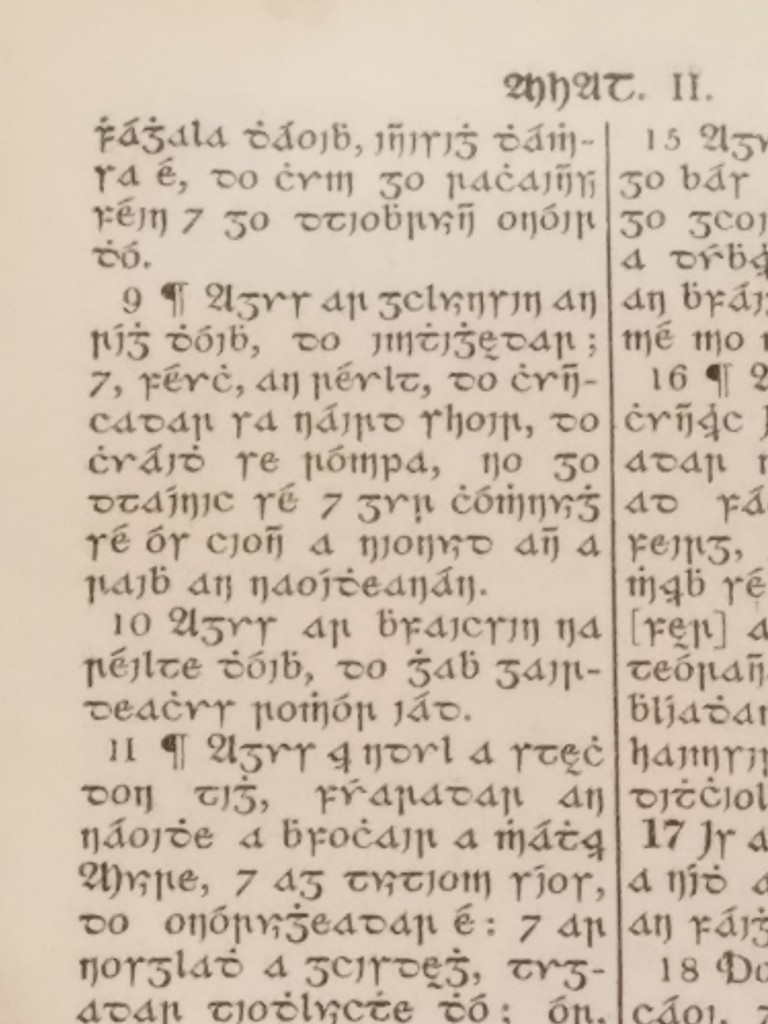There are many reasons to read John Grisham novels not the least of which is to figure out why so many Americans do read him in an age of non-reading! Of course some of his novels are much better than others. When you are as prolific as John, this is bound to be the case. All of them are readable (yes I’ve read all of them except some of the children’s books), some of them are real page turners, some... Read more

















